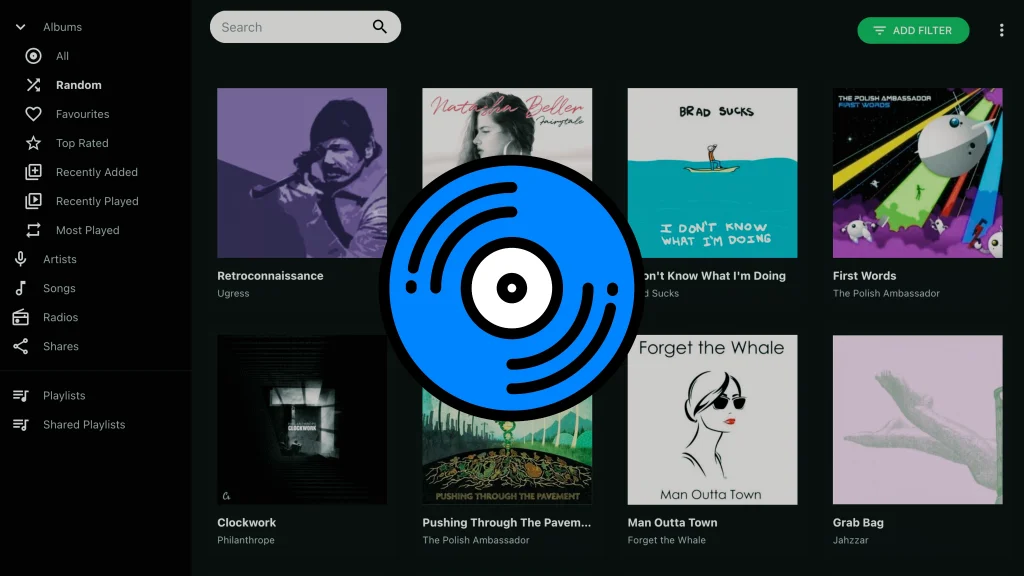Turkish authorities have been battling social media and other online platforms as they seek to control the way their opponents spread information critical of the government.
Hence it’s not uncommon for sites like Twitter and YouTube, as well as messaging apps like WhatsApp to be blocked in Turkey.
But it seems that the authorities have found another way to further their political interest – this time, not by moving against, but by working within the social media giants’ own rules.
Specifically, Activist Post writes that Turkish courts are invoking Twitter’s Country Withheld Content (CWC) tool to block accounts.
The article mentions four recent orders targeting the accounts of well-known opposition figures – but the number of such orders to withhold content is said to be running into “hundreds if not thousands.”
And while the courts cite protection of national security and public order, the report sees the orders as a means to censor opponents of an authoritarian government, and states that some instances of outlawed content in that country are classified as free speech “under international human rights standards.”
Meanwhile, Twitter’s tool was introduced in 2010, with the goal of complying with local laws in various countries, in case a valid legal demand is submitted – something that Turkish courts apparently are doing, at least formally.
And despite the fact that Twitter promised “transparency” around the CWC, the article suggests that the social media giant doesn’t seem to have thought through the potential for this tool to be abused for censorship.
Twitter is not the only social media platform or website that is receiving takedown orders from Turkish courts, Activist Post said, adding that this extensive effort to control content and information online also spreads to Facebook, YouTube, Wikipedia, and WordPress.
Using orders to withhold content seems like a win-win situation for Turkey’s authorities – because if these platforms refuse to act, access to them can be blocked. And there are costs associated with losing the country’s market of some 60 million internet users, as the article observes, noting that this consideration might encourage tech companies to comply.
In the words of journalist Ahmet Sabanci, “Twitter does not want to anger the Turkish government. The same compliance goes for Russia and other countries.”
If you're tired of censorship and dystopian threats against civil liberties, subscribe to Reclaim The Net.









